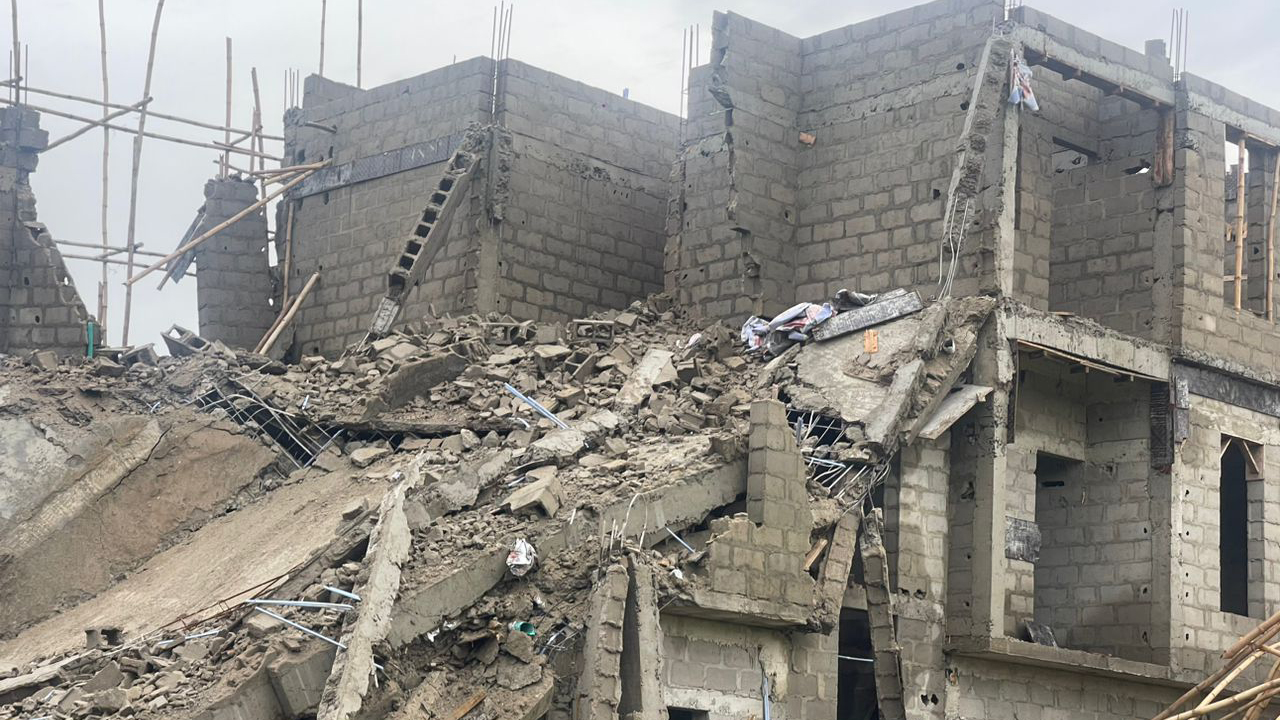Director General, Standards Organisation of Nigeria (SON), Farouk Salim, yesterday, said that Nigeria had witnessed a disturbing increase in cases of building collapse over the years.
He noted that statistics have shown that there are over 221 cases in Nigeria, making it the topmost country in Africa with the highest number of building collapse, adding that Lagos State alone constitutes 60 per cent of the cases.
Salim spoke at the opening of the fourth edition of builders’ breakfast workshop, tagged: “Building Surveying Practice and Procedure: Charting a New Course in Building Post-Construction Services in Lagos.” The event was organised by the Nigerian lnstitute of Building (NIoB), Lagos chapter. Salim said the building sector in Nigeria faces several challenges, including lack of enforcement of existing standards and regulations.
According to him, other factors responsible for building collapse include poor structural design, and others.

In another development, professionals, under the aegis of Nigerian Institution of Builders in Facilities Management (NIBIFM), yesterday, advised operators in the industry to synergize for quality assurance and put an end to age-long infrastructure decay and structural collapse in the country.
The Guest Speaker, Prof. Olumide Adenuga, while speaking at a virtual facility management and maintenance training organized by NIBIFM in Lagos, lamented that management and maintenance of facilities was not being practized in the right way in Nigeria hence, the nation witnessed many cases of dilapidated and collapsing infrastructure like the National Stadium and others.
READ ALSO: Breaking Five-Storey Building Collapses in Lagos
Adenuga, who is a lecturer in the Department of Building, Faculty of Environmental Sciences of the University of Lagos, challenged the seven professionals in the building industry to work in synergy and revive the culture of maintenance.
On his part, the National Chairman, Nigerian Institution of Builders in Facilities Management, Dr. Akinsola Olufemi, said certificates to be awarded at the end of the training would have a QR codes, which would prevent counterfeiting or impersonation.
Source:guardian.ng




